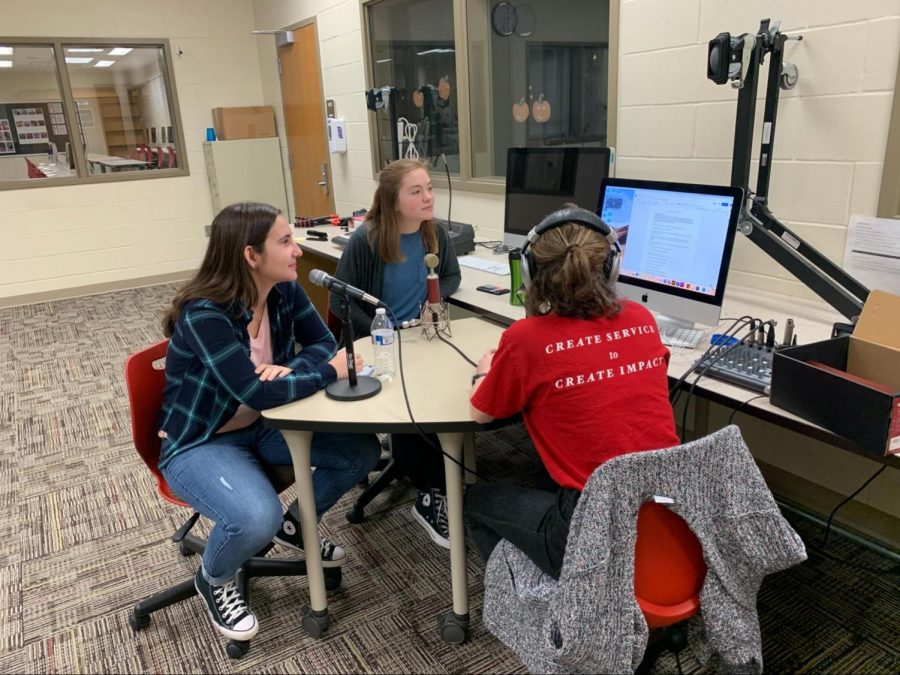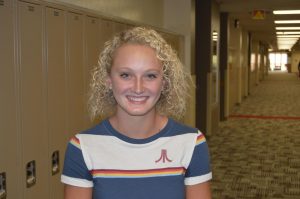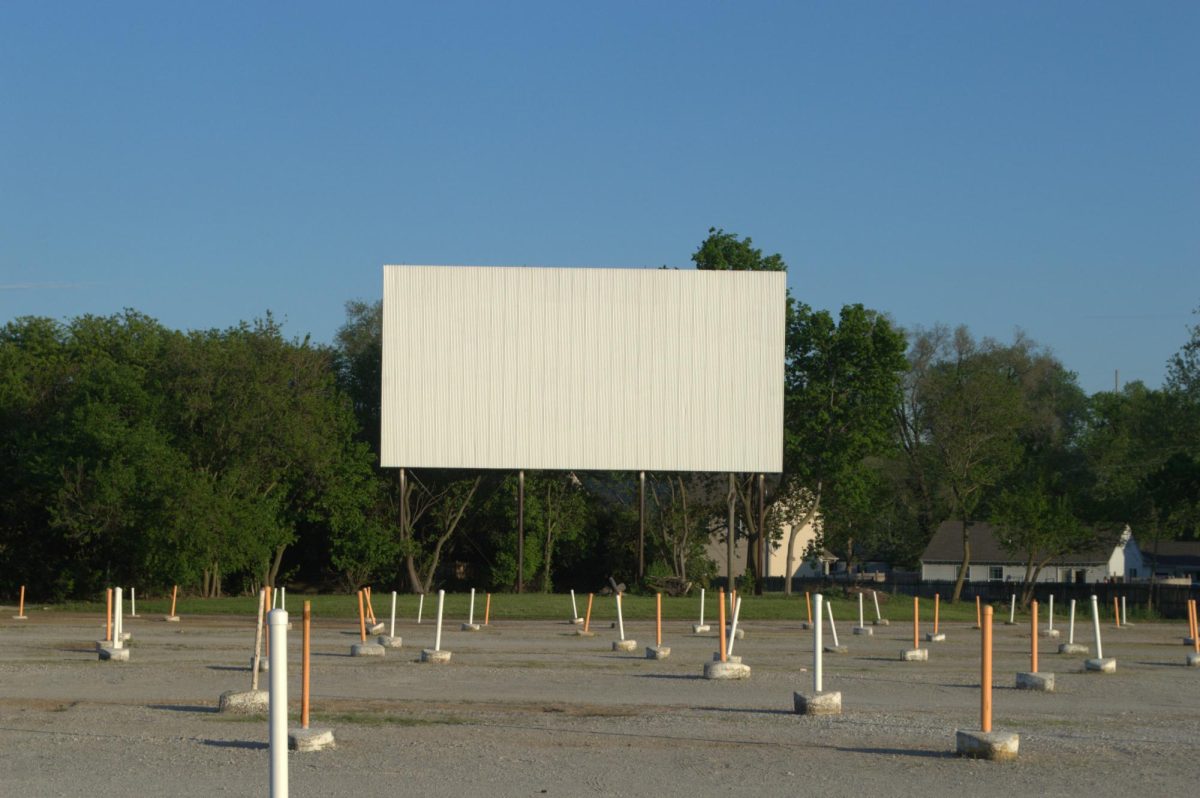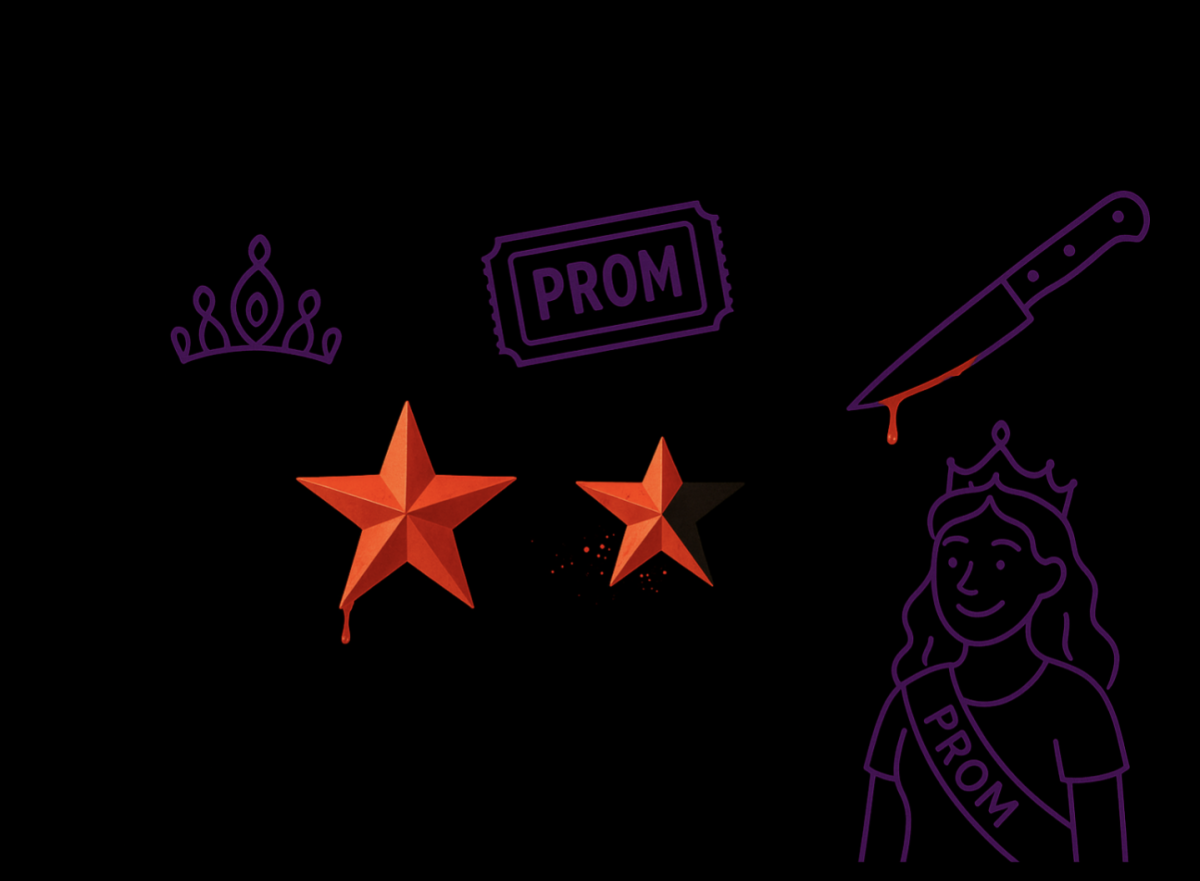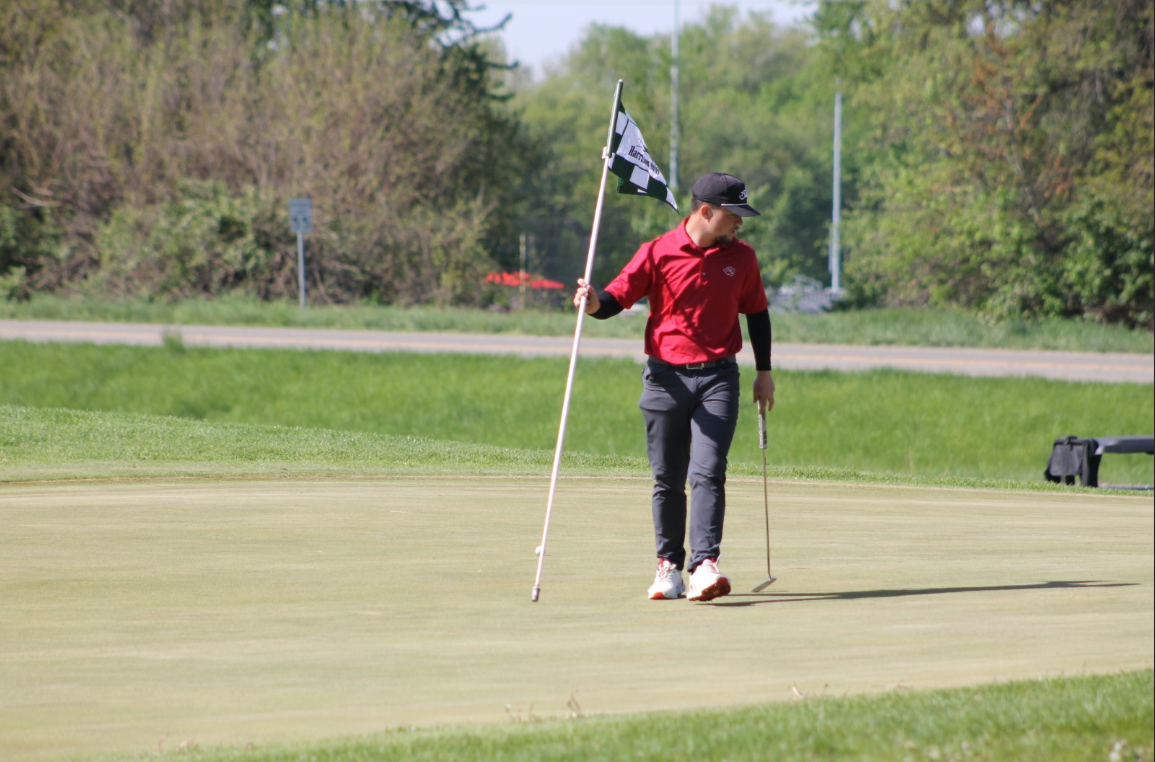Students in Action Club creates podcasts to teach, inform students about service
Seniors Isabella Schott and Izzy Alexander record an episode of You Broke It. Let’s Fix It. with guest senior Meg Gibson.
May 13, 2021
You Broke It. Let’s Fix It. is a podcast led by the Students in Action club (SIA), consisting of two seasons so far. It is run by seniors Izzy Alexander, Isabella Schott, Kara VanDyke and Maya Fotedar, who are also on the executive board of SIA. Alexander and Schott co-host, while VanDyke produces and Fotedar writes and researches. On some episodes, the podcast team welcomes guest stars, such as teachers, students, and equity professionals.
“Our first season of the podcast explains what Students in Action looks like and how service projects are created and our second season, which is still being worked on, is tackling the issue of equity work concerning the good, the bad and the ugly of equity work in Fishers, which is a predominantly white, middle class city,” Fotedar said.
The first season was created for students who are interested in starting their own service projects. They focused on what they had learned from their own experience in service and how to fix projects if things start to go wrong.
The narrative changed, however, for the second season. With the investigation of equity in Fishers, the team’s goal has been to target those in the Fishers community who do not know about equity work and its potential impacts. They have found that most people do not understand how equity works and how it impacts schools.
“We wanted to get a good understanding of where Fishers is at as far as becoming an equitable community, and what obstacles still need to be overcome before we can get there,” Van Dyke said.
The podcast – through researching and recording their episodes – has come to find that equity can be confusing and that there is always more to learn.
“We want to ensure that people listen to our podcast to learn, first and foremost, how to become more equitable, to treat other people with the fairness and respect they deserve on a personal and systemic level and to learn how equity is implemented in the context of HSE Schools,” Alexander said.
Listeners can find their podcast on all podcast streaming services. Episodes from season one range from eight to 30 minutes while episodes from season two are around an hour.


